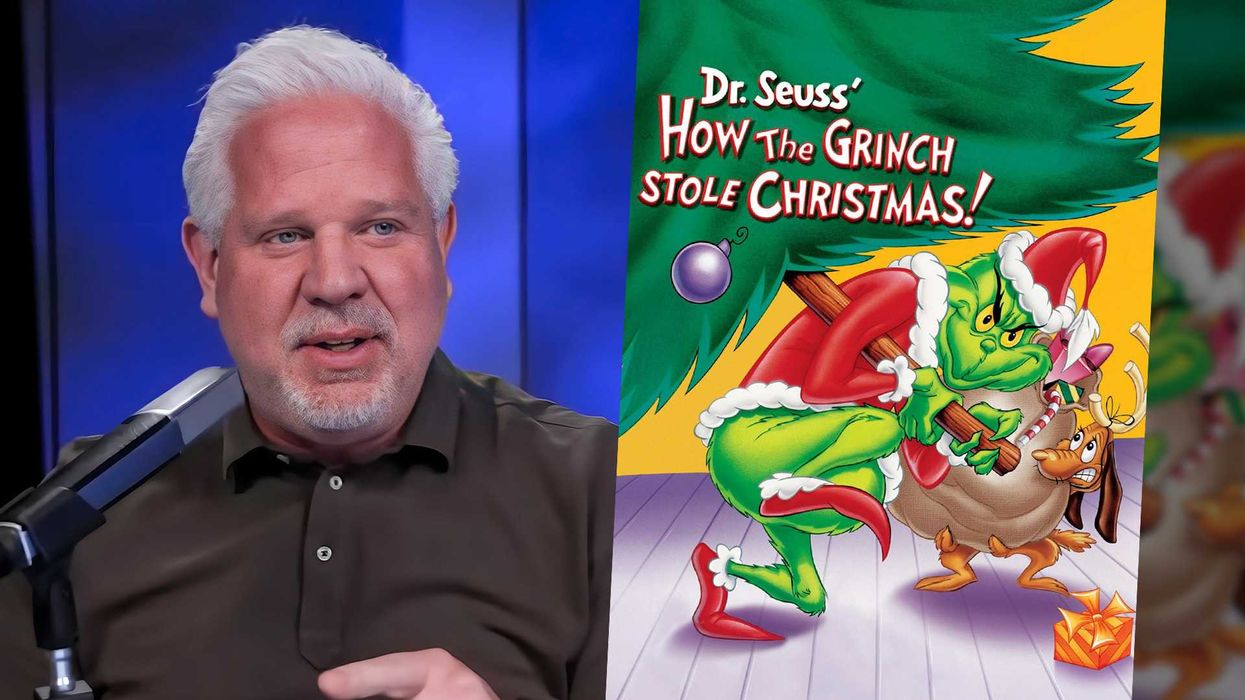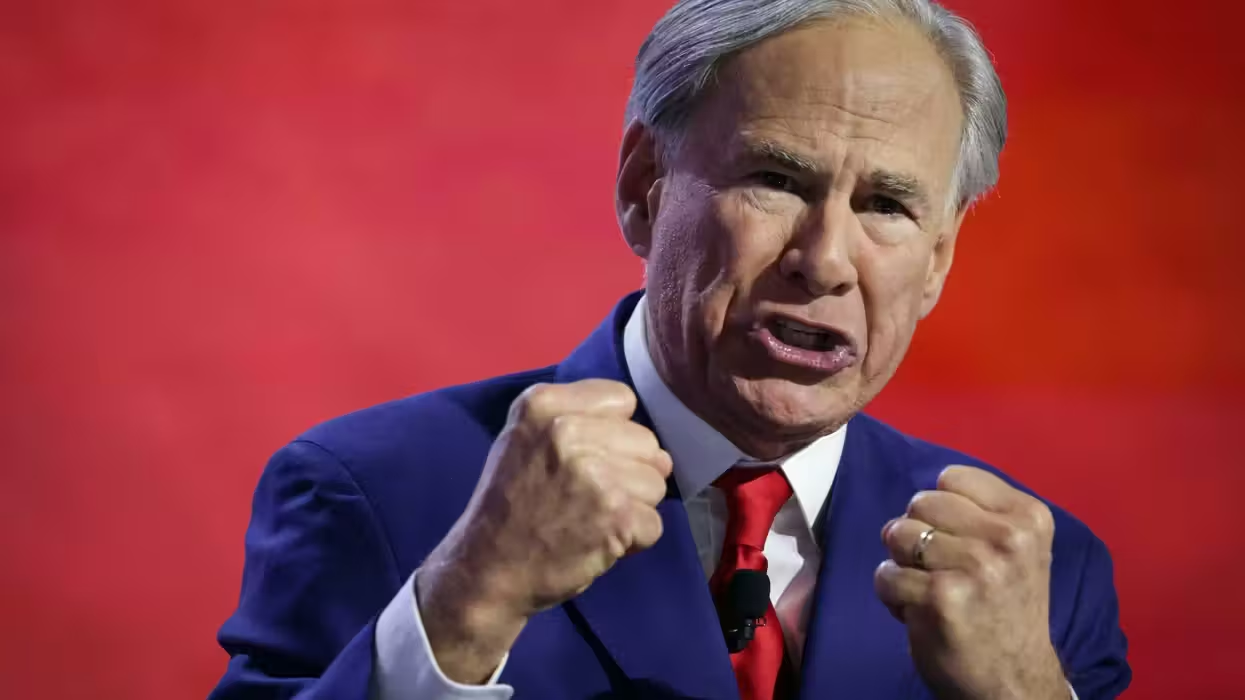Al Gore, former vice president turned environmental advocate, in a recent interview said climate change is often an avoided topic because deniers are like "an alcoholic father who flies into a rage every time a subject is mentioned." He compared the dwindling amount of climate denialism to the abolition, civil rights and homosexual movements, which took some time to catch on but gained acceptance over time.
But a recently leaked draft of a U.N. report shows that although climate experts are confident man-made activity is causing global warming, they are having a hard time explaining why the warming rate seems to have slowed in recent years.
 Former US Vice President Al Gore speaks about climate change during the Fourth Annual Rhode Island Energy and Environmental Leaders Day at the US Capitol in Washington, DC, June 11, 2013. (Photo: SAUL LOEB/AFP/Getty Images)
Former US Vice President Al Gore speaks about climate change during the Fourth Annual Rhode Island Energy and Environmental Leaders Day at the US Capitol in Washington, DC, June 11, 2013. (Photo: SAUL LOEB/AFP/Getty Images)
In his interview with journalist Ezra Klein published in the Washington Post's Wonkblog, Gore discussed the current state of climate change, policy and regulations, and technology, among other topics. But his comments about what's often called "climate denial" -- a belief that climate change is either not occurring or is not a result of man-made actions -- is getting some particular attention.
Moving forward, the most important thing that needs to happen with climate change is "winning the conversation," Gore said. He referenced several examples of conversations that have been won over the years to overcome racism, homophobia and more:
I remember as a boy when the conversation on civil rights was won in the South. I remember a time when one of my friends made a racist joke and another said, hey man, we don’t go for that anymore. The same thing happened on apartheid. The same thing happened on the nuclear arms race with the freeze movement. The same thing happened in an earlier era with abolition. A few months ago, I saw an article about two gay men standing in line for pizza and some homophobe made an ugly comment about them holding hands and everyone else in line told them to shut up. We’re winning that conversation.
[...]
People thought the late Frank Lautenburg was crazy for proposing a ban on smoking in airplanes, but he was rewarded politically and then politicians began falling all over themselves to do the same.
Although the climate change movement "has been stalled" because of climate deniers, Gore said the amount of deniers who would "fly into a rage when it’s mentioned" is shrinking.
"It’s like a family with an alcoholic father who flies into a rage every time a subject is mentioned and so everybody avoids the elephant in the room to keep the peace," Gore said. "But the political climate is changing."
"The ability of the raging deniers to stop progress is waning every single day," Gore continued.
Although this conversation has a long way to go, according to Gore, he said once the subject is taken more seriously "you’ll see more measures at the local and state level and less resistance to what the EPA is doing."
But Reuters reviewed a leaked draft of the U.N.'s Intergovernmental Panel on Climate Change (IPCC) report, which is to be published in September, and reported last Friday that the panel's experts are trying to explain why temperatures have risen at a slower rate since 1998, even as greenhouse gas concentrations in the atmosphere were at record highs during this time.
Here's how scientists are explaining the slowed warming rate, according to Reuters:
An IPCC draft says there is "medium confidence" that the slowing of the rise is "due in roughly equal measure" to natural variations in the weather and to other factors affecting energy reaching the Earth's surface.
Scientists believe causes could include: greater-than-expected quantities of ash from volcanoes, which dims sunlight; a decline in heat from the sun during a current 11-year solar cycle; more heat being absorbed by the deep oceans; or the possibility that the climate may be less sensitive than expected to a build-up of carbon dioxide.
"It might be down to minor contributions that all add up," said Gabriele Hegerl, a professor at Edinburgh University. Or maybe, scientists say, the latest decade is just a blip.
In addition to being unsure exactly what might be causing a slower rate of warming in the last decade, Reuters reported that the draft also focuses less on predicting the impacts of future climate change, compared to previous reports. This shift away from attributing climate change to specific impacts, like an increase in droughts or cyclones, could be due to wrongly predicting that the Himalayan glaciers would melt by 2035 in the previous 2007 report, according to Reuters.
(H/T: Daily Mail)
--
[related]

 Former US Vice President Al Gore speaks about climate change during the Fourth Annual Rhode Island Energy and Environmental Leaders Day at the US Capitol in Washington, DC, June 11, 2013. (Photo: SAUL LOEB/AFP/Getty Images)
Former US Vice President Al Gore speaks about climate change during the Fourth Annual Rhode Island Energy and Environmental Leaders Day at the US Capitol in Washington, DC, June 11, 2013. (Photo: SAUL LOEB/AFP/Getty Images)






